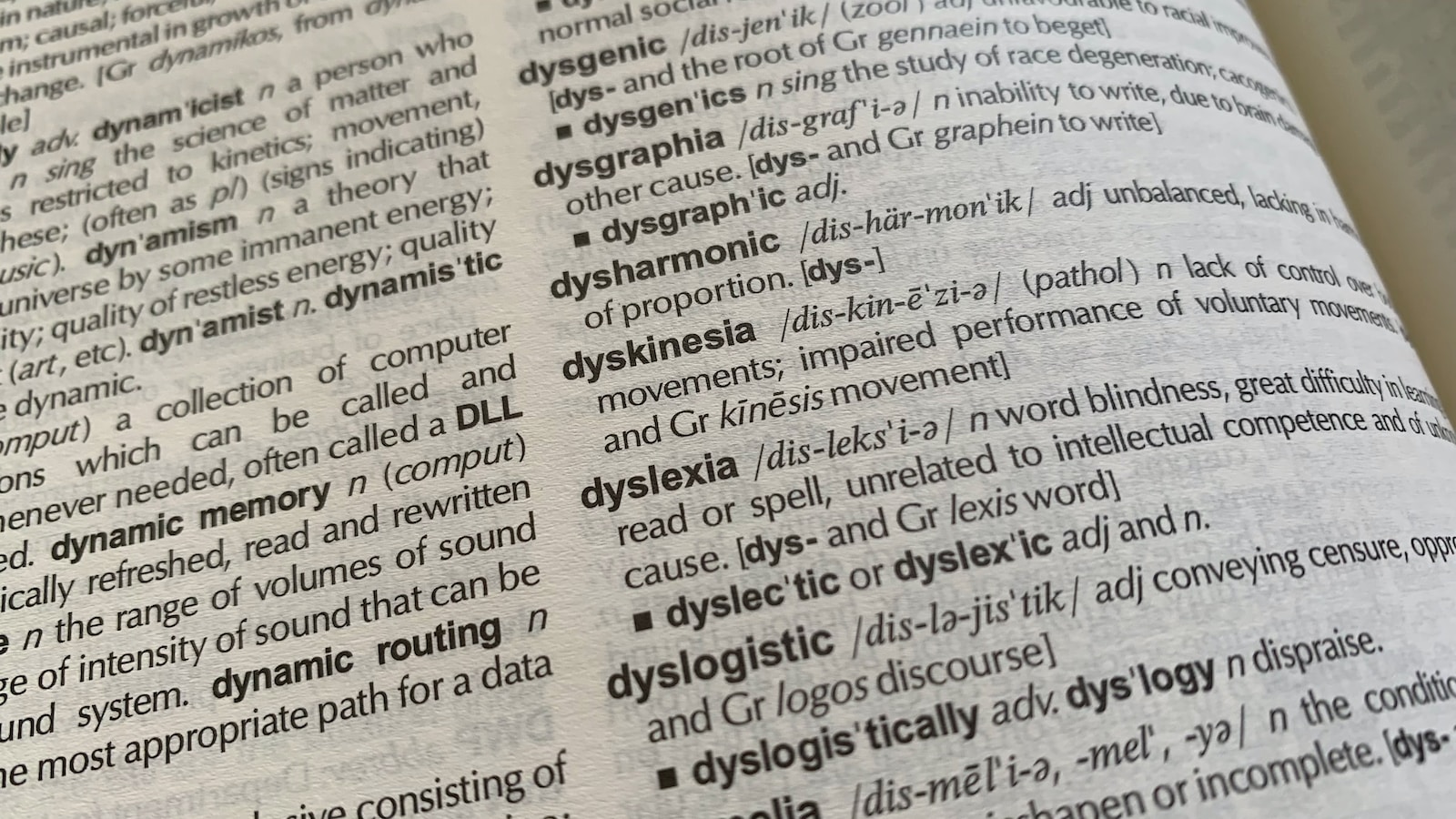Yes, dyslexia can affect math skills, although the primary difficulties associated with dyslexia are related to reading and language processing. The impact of dyslexia on math is often referred to as “dyscalculia,” which is specifically a difficulty in understanding numbers, learning how to manipulate numbers, performing mathematical calculations, and learning facts in mathematics. However, dyscalculia is a distinct condition and not all individuals with dyslexia will have dyscalculia.
For those with dyslexia, the challenges in math can be related to several factors:
Language Processing
Dyslexia primarily impacts reading and language processing, which can significantly affect understanding math problems, particularly word problems. Individuals with dyslexia might struggle with:
- Reading Comprehension: Difficulty in reading and understanding the language in word problems.
- Decoding Text: Challenges in decoding words can slow down the process of grasping the question in a math problem.
- Instruction Interpretation: Difficulty in following written or verbal instructions in math tasks.
Working Memory
Working memory plays a crucial role in math, and dyslexia can impact this area:
- Holding Information: Challenges in holding numbers or steps in mind while solving a problem.
- Multi-Step Problems: Difficulty in remembering and following through multiple steps in a math problem.
- Manipulating Information: Struggles with manipulating numbers mentally, which is essential for mental arithmetic.
Sequencing and Organization
Dyslexia can affect the ability to sequence and organize information, which is vital in math:
- Order of Operations: Difficulty in remembering and applying the correct order of operations in calculations.
- Organizing Work: Challenges in keeping numbers and steps organized, especially in complex problems.
- Sequential Steps: Struggles with following or remembering sequences, such as in long division or algebraic procedures.
Symbol Confusion
Similar to the confusion with letters, dyslexia can lead to difficulties with mathematical symbols:
- Symbol Recognition: Difficulty in distinguishing between similar mathematical symbols.
- Number Reversals: Confusing numbers that look similar, like 6 and 9, or reversing numbers.
- Alignment Issues: Struggles with keeping numbers aligned, particularly in multi-digit calculations.
Visual Processing Issues
Some individuals with dyslexia may have visual processing challenges that affect math:
- Spatial Understanding: Difficulties in understanding spatial relationships, crucial in geometry.
- Pattern Recognition: Challenges in recognizing and predicting patterns, important in many math concepts.
- Graphs and Charts: Difficulty in interpreting graphical information, such as graphs and charts.
Anxiety and Confidence
The psychological impact of dyslexia can extend to math learning:
- Math Anxiety: A general anxiety towards math due to difficulties in reading and language processing.
- Low Confidence: A lack of confidence in academic abilities, which can negatively impact performance in math.
- Avoidance Behaviors: Tendency to avoid engaging with math tasks due to past negative experiences or perceived difficulty.
Understanding these challenges is crucial for educators and parents in providing the right support and accommodations. Tailored teaching strategies, patience, and encouragement can significantly help students with dyslexia overcome these hurdles in math.

